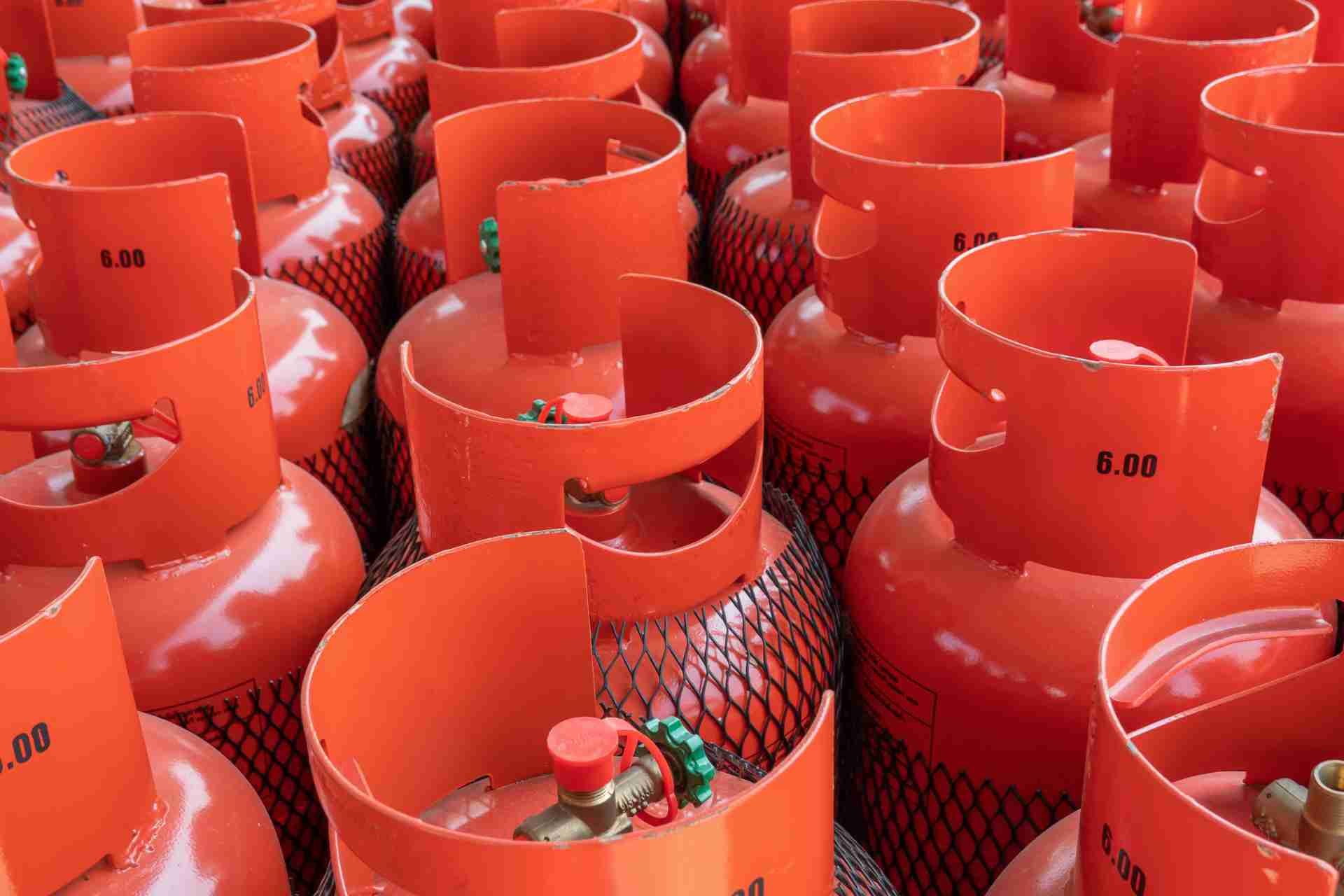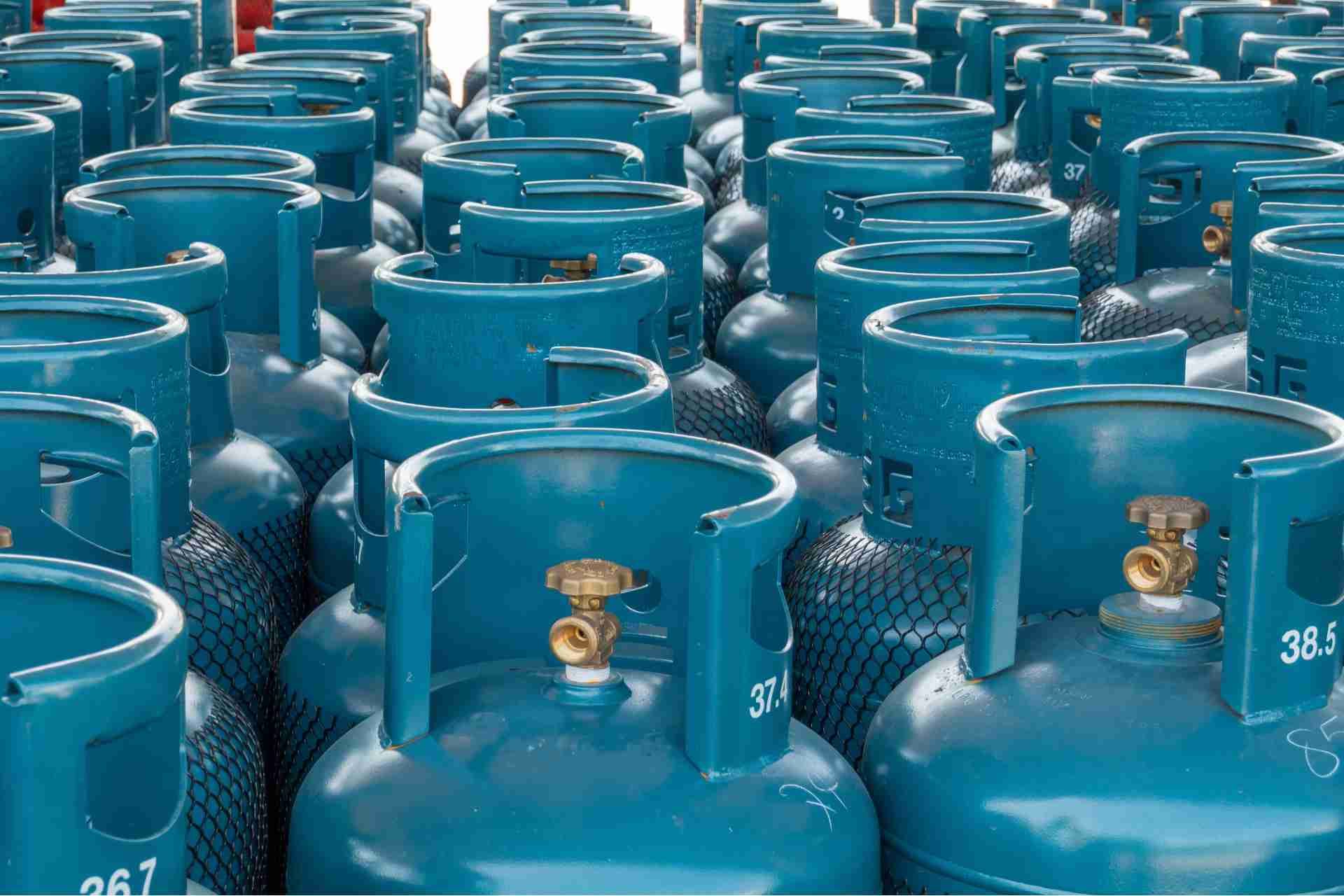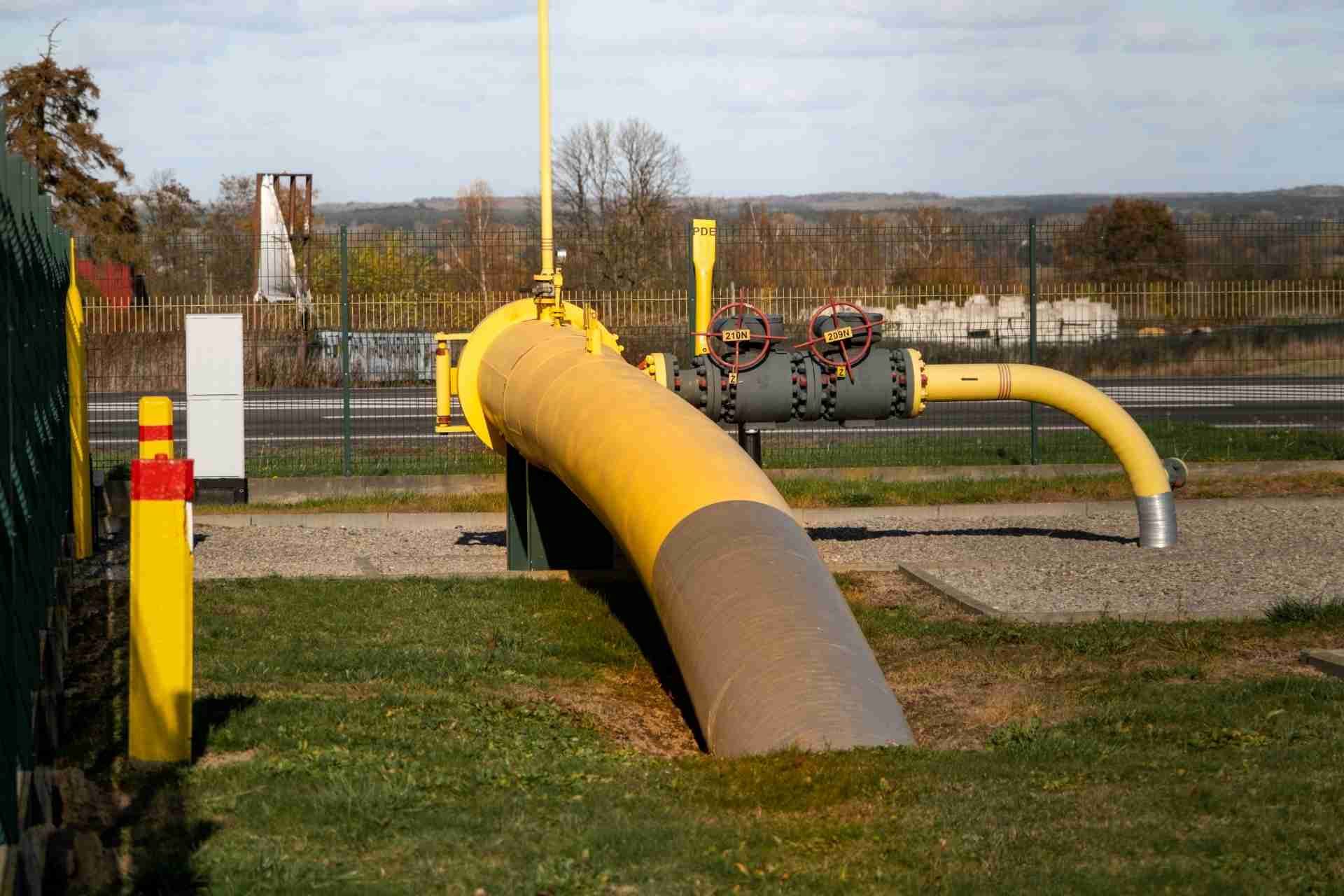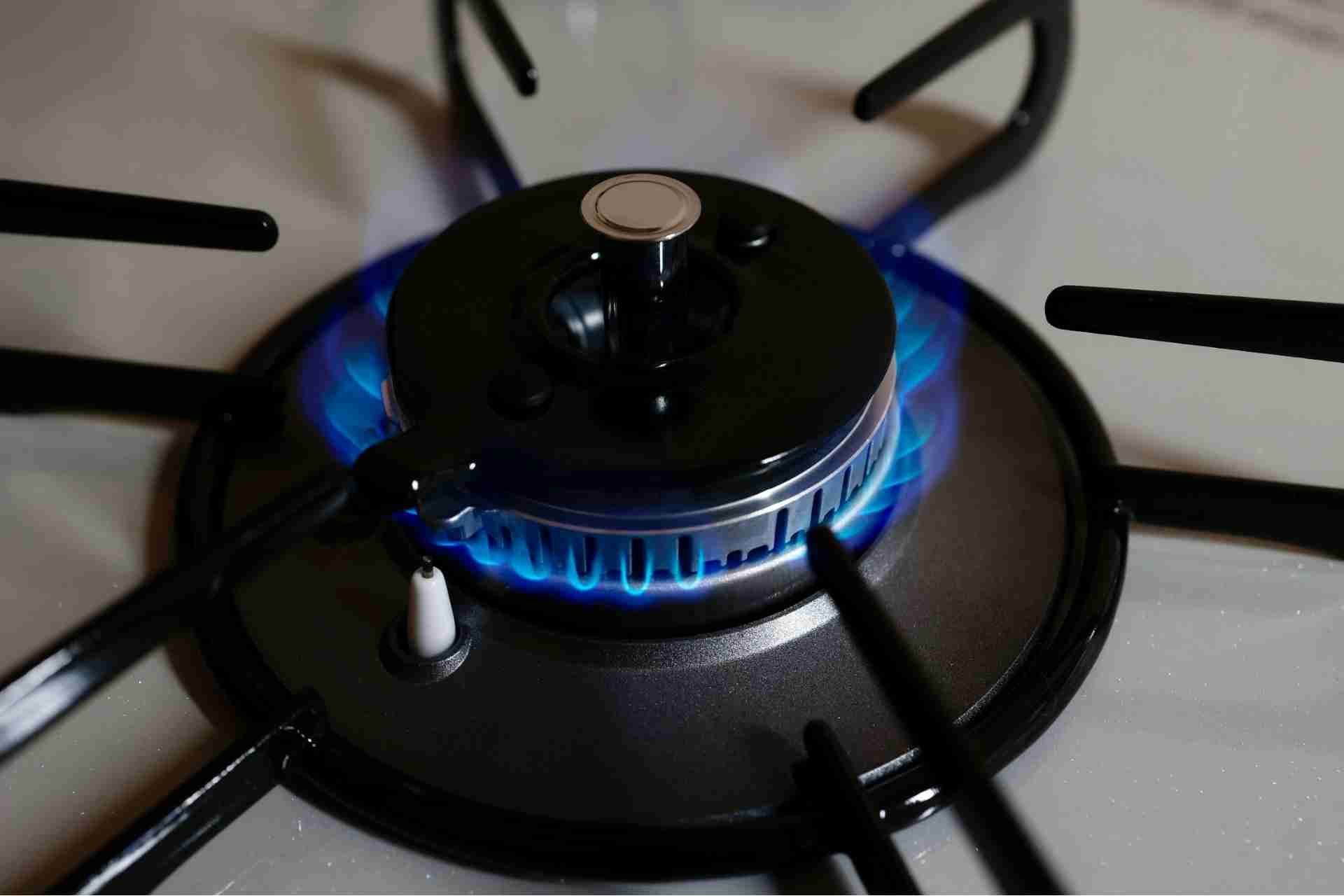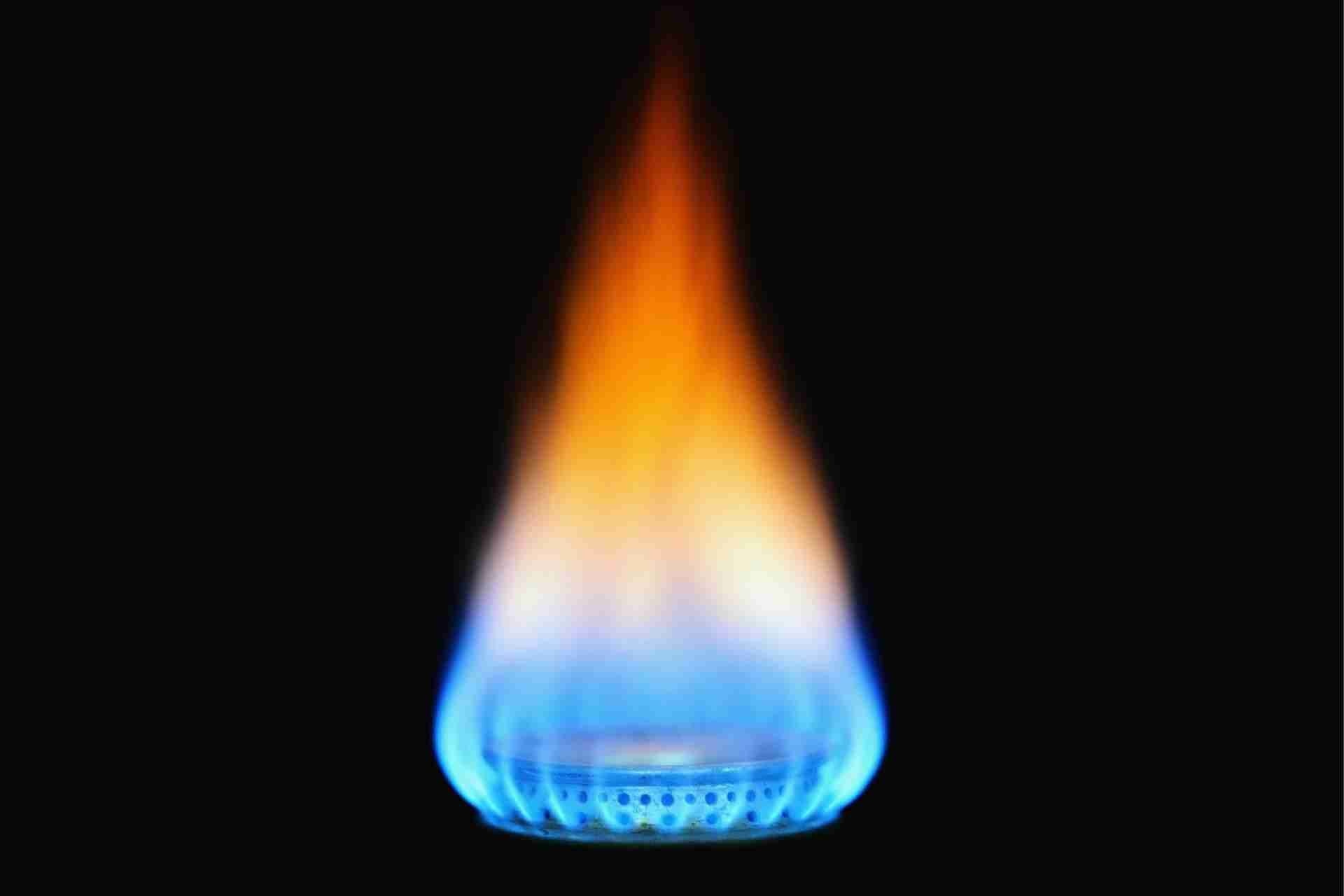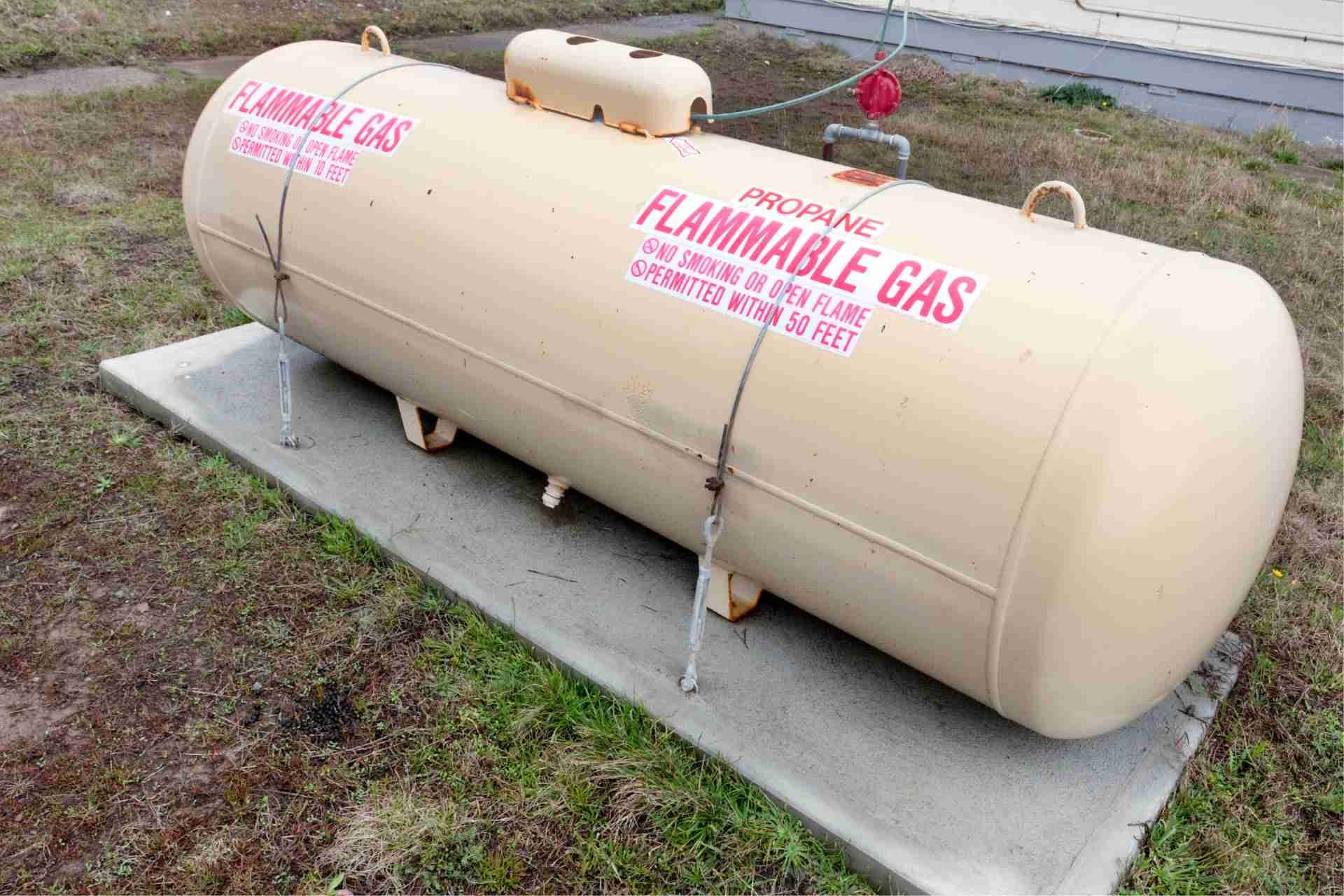Annual Propane Tank Maintenance
When it comes to your propane tank, annual maintenance isn't just a suggestion; it's a necessity. Regular inspections can catch leaks, corrosion, and pressure issues before they escalate into dangerous situations. By prioritizing these check-ups, you can extend the life of your tank and improve its efficiency. But what specific steps should you take to ensure everything runs smoothly? Understanding these essential aspects can make all the difference.
Importance of Annual Propane Tank Maintenance
While you might think that your propane tank is low-maintenance, the truth is that annual maintenance is crucial for safety and efficiency. Regular check-ups help ensure your tank operates correctly, reducing the risk of dangerous leaks or malfunctions.
You wouldn't want to face unexpected issues, especially during peak usage times. By committing to annual maintenance, you're also extending the lifespan of your equipment, which can save you money in the long run.
Additionally, a well-maintained tank operates more efficiently, potentially lowering your energy costs. Keeping up with maintenance demonstrates your commitment to safety for yourself and those around you.
Inspecting for Leaks and Corrosion
Annual maintenance not only keeps your propane tank running smoothly but also involves inspecting for leaks and corrosion, two critical factors that can affect safety.
Start by examining the tank's exterior for any signs of rust, pitting, or discoloration, as these could indicate corrosion. Use a soap and water solution to check for leaks; apply it to the connections and look for bubbles. If you spot any, it's essential to address them immediately.
Don't forget to inspect the hoses and fittings too, as wear and tear can lead to potential hazards. If you find significant corrosion or persistent leaks, it's best to consult a professional.
Taking these steps ensures your propane tank remains safe and functional throughout the year.
Checking Pressure Levels
One key aspect of maintaining your propane tank is checking the pressure levels, which ensures efficient operation and safety.
Begin by using a pressure gauge to measure the tank's pressure, making sure it falls within the manufacturer's recommended range. If the pressure is too low, it could indicate a leak or that you need a refill. Conversely, excessively high pressure can lead to dangerous situations.
Always check the gauge regularly, especially before heavy usage seasons. If you notice any irregularities, consult a professional to diagnose the issue.
Keeping your pressure levels in check not only enhances performance but also promotes safety, so don't overlook this crucial step in your annual maintenance routine.
Ensuring Proper Ventilation
Proper ventilation is essential for safe propane tank operation. You need to ensure that your tank area is well-ventilated to prevent the buildup of harmful gases.
Check for any obstructions around the tank that could impede airflow. Ideally, the tank should be placed in an open space away from enclosed structures. If the tank is in a shed or garage, consider installing vents to enhance airflow.
Regularly inspect the surrounding area for debris or vegetation that could block ventilation. You should also avoid storing flammable materials nearby, as they can pose additional risks.
Cleaning and Maintaining the Tank
Keeping your propane tank clean and well-maintained is crucial for its efficiency and safety. Start by inspecting the exterior for dirt, debris, or corrosion.
Use a mild detergent and water to wash the tank, ensuring you don't use harsh chemicals that could damage the surface. After cleaning, check for any signs of rust or wear and take note of any issues that need attention.
Pay special attention to the fittings and valves; these areas can accumulate grime and affect performance. Make sure to keep the area around the tank clear of obstructions and vegetation.
Regularly checking and maintaining your propane tank not only enhances its functionality but also prolongs its lifespan, ensuring you have a reliable fuel source.
Scheduling Professional Inspections
After ensuring your propane tank is clean and free from debris, scheduling professional inspections is the next step in maintaining its safety and efficiency.
Regular inspections help identify potential issues before they become serious problems. Aim to schedule these inspections at least once a year, or more frequently if you notice any signs of wear or damage.
When choosing a professional, look for certified technicians with experience in propane systems. They'll thoroughly check for leaks, test pressure levels, and ensure that all components are functioning correctly.
Don't forget to keep records of all inspections and maintenance performed—this documentation can be crucial for safety and warranty purposes.
Proactive scheduling not only enhances safety but also extends the lifespan of your propane tank.
Safety Tips for Propane Tank Owners
While propane tanks are generally safe, it's essential to follow some key safety tips to ensure your peace of mind.
First, always store your tank in a well-ventilated area, away from direct sunlight and heat sources.
Check for leaks regularly by applying soapy water to connections; bubbles indicate a leak.
Keep the area around your tank clear of flammable materials and know how to shut off the gas in case of an emergency.
Always use propane appliances according to the manufacturer's instructions, and never attempt to modify or repair your tank yourself.
Finally, ensure you're familiar with local regulations regarding propane storage and usage.
Following these tips will help you maintain a safe environment for you and your family.
Conclusion
In conclusion, committing to annual propane tank maintenance is crucial for your safety and efficiency. By regularly inspecting for leaks, checking pressure levels, and ensuring proper ventilation, you can prevent hazardous situations and extend your tank's lifespan. Don't forget to schedule professional inspections and keep your tank clean. Taking these proactive steps not only protects you and your loved ones but also helps optimize your energy costs. Stay safe and make maintenance a priority!
